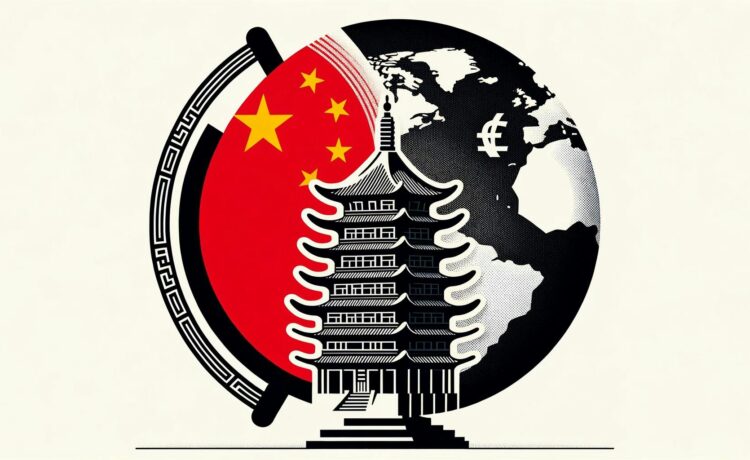What’s going on here?
Emerging market currencies are in flux as investors assess China’s latest stimulus plans, the ECB’s rate decision, and regional economic changes, while equities generally remain stable.
What does this mean?
Emerging market currencies are on a rollercoaster, with China leading the charge by announcing plans to ‘significantly increase’ debt to meet its growth targets. This move nudged the yuan down by 0.3% against the US dollar, although China’s stock indices climbed 2%. On the other hand, Central Eastern European currencies stay calm, tracking the euro with the ECB’s expected 25-basis-point rate cut looming. In South Africa, the rand slipped 0.3% amid a lack of local economic news, though equities ticked up 0.2%. On a brighter side, Moody’s boosted Ghana’s credit rating, recognizing its successful debt restructuring. Despite these currency shifts, MSCI’s index of emerging market stocks remained stable.
Why should I care?
For markets: Keeping a watchful eye.
As emerging market currencies wobble, investors are closely monitoring looming rate decisions in Indonesia, Turkey, and Chile, which could further influence market dynamics. Recent reports from the Ashmore Group indicated increased assets under management due to heightened client appetite for risk, signaling potential market confidence uplift. Meanwhile, Japan’s market holiday has muted trading activity in Asia, reducing liquidity and potentially affecting investor reactions to these developments.
The bigger picture: Ripples in the global pond.
China’s debt expansion and the ECB’s impending rate decision are pivotal in shaping global economic trends. These events are crucial for emerging markets, which often react to shifts in major economic policies. Investors are also evaluating how these moves will affect long-term growth prospects across regions, given the interconnected nature of global trade and finance. Ghana’s strengthened economic outlook and the steady performance of emerging market stocks suggest resilience, though the landscape remains sensitive to policy changes.
















